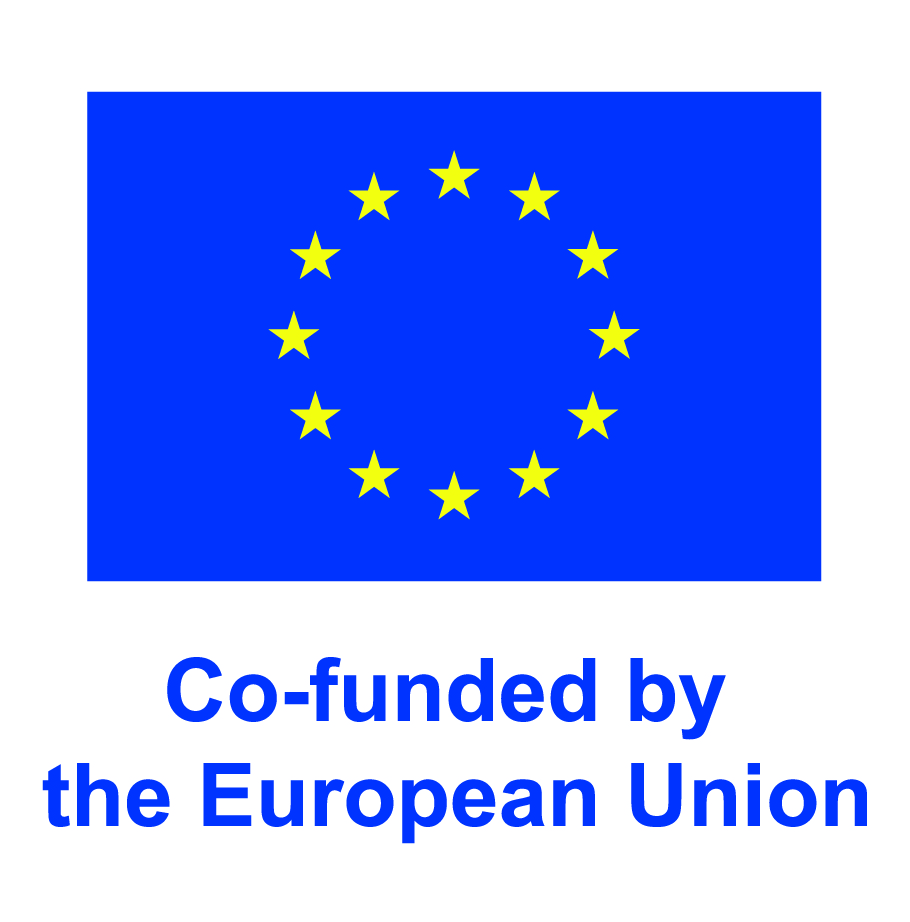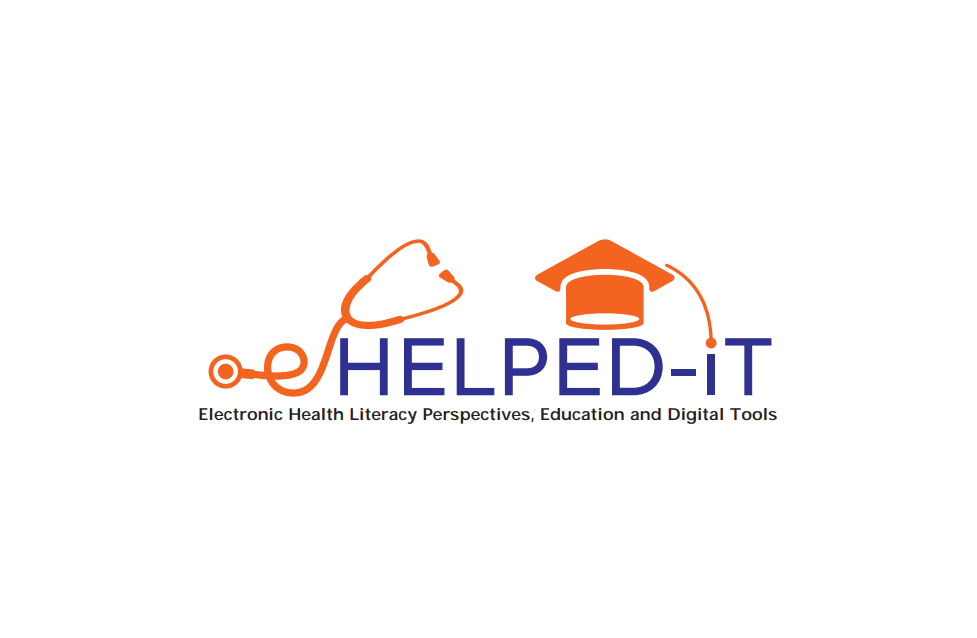The importance of eHealth literacy (eHL) has been recognised and widely appreciated by the World Health Organisation (WHO), especially in the light of the rapid growth in the use of technology and the Internet for health information search and the spread of misinformation and disinformation on the Internet. Although the WHO has not published a specific report on eHealth literacy or digital health literacy, it has published some information on health literacy (WHO Report, Health Literacy: The Solid Facts, 2013), which has highlighted the importance of understanding and using health information in the digital age. Another report focusing on broader strategies (WHO Report, Global Strategy for Digital Health (2020-2024), 2022) highlighted that eHL will be part of a broader set of policies to harness the potential benefits of digital tools and technologies. We will address the priority of digital transformation by developing digital literacy, raising awareness among medical and allied health students of the importance and benefits of eHL, and by developing and implementing a specific eHL curriculum to develop eHL skills, including information, traditional, media, health, science, computer and technological literacy (Norman and Skinner, 2006). As eHL is process-oriented and evolves with new technologies, it is important to address the issue of digital resilience by teaching medical and allied health students how to continuously adapt to the changing health context. Stimulating and innovative learning and teaching practices will be reflected in methodologies based on creativity, critical thinking, collaboration and integration of new technologies. The eHL web platform will include tools for self-assessment of users’ level of eHL, but will also address other variables that have not yet been explored in relation to eHL, such as imposter syndrome, reliability of the source and self-efficacy. Depending on the results of the tests, each user will receive a personalised message that can facilitate his/her self-learning process for eHL. The training programme will consist of practical hands-on sessions that may focus on critical evaluation of online health information, the development of online health promotion materials that present information in a clear, accessible and engaging manner, and effective collaborative information sharing. Shared values, civic engagement and participation – the eHealth Education Policy Toolkit will reflect the Consortium’s shared principles and will be developed on the basis of the principles of collaboration and responsiveness to the community that guide and support collective decision making. As the eHL Policy Toolkit is a statement of civic engagement, it is also a contribution to the well-being of the community and to positive social change through the implementation of the eHL policy framework.
Goal
- To increase electronic health literacy (eHL) among students of medicine and related health care fields, as well as among the general public, ensuring the critical and responsible use of health information.
- Develop and implement an innovative eHL training program and platform that would help develop various dimensions of literacy, digital resilience, and independent learning skills.
- Strengthen a learning environment based on creativity, critical thinking, collaboration, and the application of technology that encourages active student engagement.
- Develop a set of eHL policy measures to ensure civic participation, social responsibility, and the strengthening of public welfare.
Results and outcomes
- All project results have added value at European level as they support multiculturalism, cooperation, and inclusive lifelong learning. Therefore, all results will be designed to be accessible and interactive for people from different cultural and educational backgrounds, in order to adapt them to different learning styles.
- By providing the content of the results in all partner countries’ languages and promoting linguistic diversity, accessibility is ensured for people who do not speak English. Cooperation between partner countries is shaped by cross-border activities and initiatives at various stages of the project, including preparation, testing, and integration of feedback. This exchange of practices and sharing of knowledge helps to create a more interconnected education system that facilitates cross-sectoral collaboration between people with different professional backgrounds: in education, IT, psychology, linguistics, healthcare, and marketing. In addition, cross-border cooperation provides opportunities to interact with more experts, learners, and practitioners in joint activities, promotes cultural exchange practices, foreign language learning, and the sharing of good practices in eHL education.
- The creation of unified eHL resources for skills and competence development will make it possible to promote their consistency across all EU Member States in the fields of medicine and related healthcare areas. The added value of the activity is reflected in the testing of results with new groups of learners and the transfer of replicable learning and teaching activities.
- The increased impact in a multicultural context provides greater visibility at national and international levels and contributes significantly to the empowerment of European citizens through eHL.
Added value:
- For Klaipėda State College, the project strengthens e-health literacy competencies, integrates innovative digital tools into studies, and increases the college’s internationalization and attractiveness.
- At the national level in Lithuania, the project contributes to digital transformation, improves the training of healthcare professionals, and strengthens society’s resilience to disinformation.
- At the European Union level, the project creates unified eHL resources, promotes multicultural cooperation and knowledge exchange, thereby strengthening the common European education and health space.
Organizer
Partners
Klaipėdos valstybinė kolegija (Lithuania)
Akademia Humanistyczno-Ekonomiczna w Lodzi (Poland)
University of Cyprus (Cyprus)
Medical University Sofia (Bulgaria)



